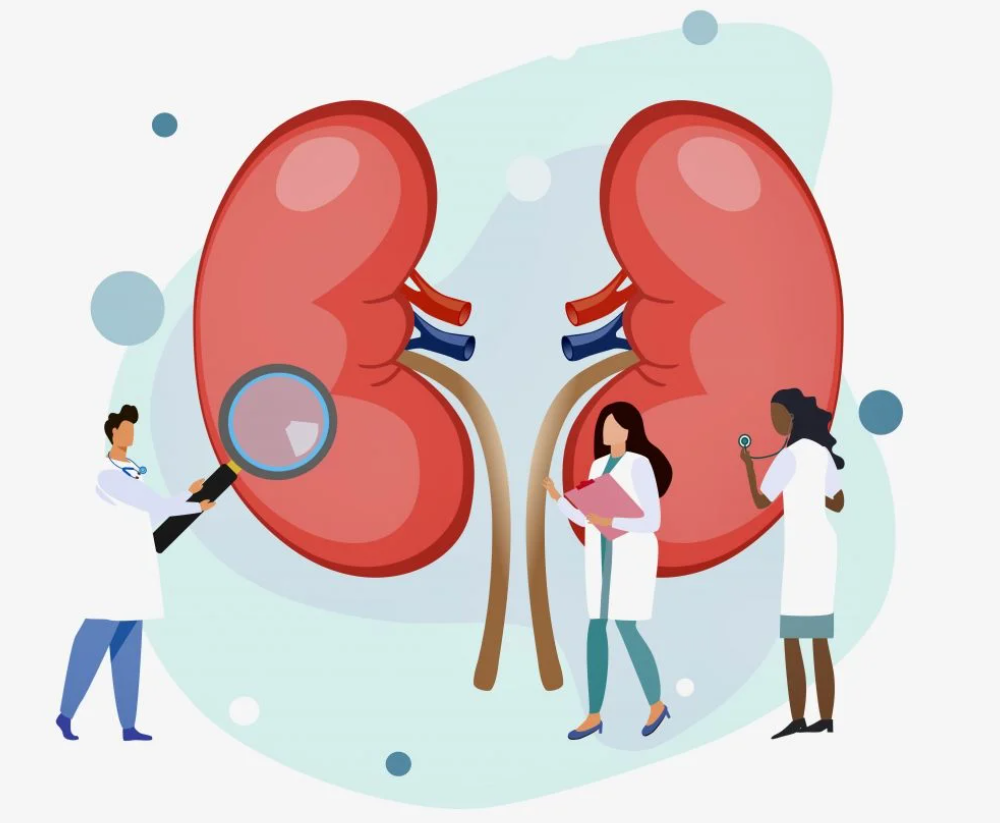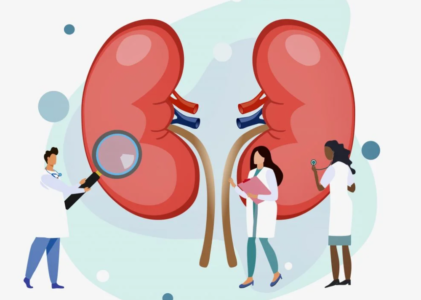Kidney Infections Understanding Symptoms, Treatment, and Prevention
- Kidney infections, also known as pyelonephritis, are a type of urinary tract infection (UTI) that affects one or both kidneys. They can be painful and, if left untreated, may lead to serious complications. Understanding the symptoms, treatment options, and prevention strategies for kidney infections is crucial for maintaining kidney health.
Symptoms of Kidney Infections
- The symptoms of a kidney infection can vary from mild to severe and may include.

Pain and Discomfort
- Individuals with kidney infections often experience pain in the back, side, or groin area. This pain can range from dull and achy to sharp and intense.
Urinary Changes
- Changes in urinary habits, such as frequent urination, urgency, or a burning sensation while urinating, are common symptoms of kidney infections. Additionally, urine may appear cloudy or have a strong odor.
Fever and Chills
- Fever, accompanied by chills or sweats, is a hallmark symptom of a kidney infection. In severe cases, the fever may be high and persistent.
Diagnosis of Kidney Infections
- Diagnosing a kidney infection typically involves a combination of physical examination and diagnostic tests.
Physical Examination
- During a physical examination, a healthcare provider may palpate the abdomen and back to check for tenderness or swelling over the kidneys.
Urine Tests
- Urine tests, such as urinalysis and urine culture, can help confirm the presence of bacteria in the urinary tract and identify the type of bacteria causing the infection.
Imaging Tests
- Imaging tests, such as ultrasound or CT scan, may be ordered to assess the structure and function of the kidneys and identify any abnormalities.
Treatment Options
- The primary treatment for kidney infections is antibiotics to eliminate the underlying bacterial infection.
Antibiotics
- Antibiotics are prescribed based on the type of bacteria causing the infection and the severity of symptoms. It’s essential to complete the full course of antibiotics as prescribed by a healthcare provider.
Pain Relief Medications
- Over-the-counter pain relievers, such as ibuprofen or acetaminophen, may help alleviate discomfort and reduce fever associated with kidney infections.

Hospitalization in Severe Cases
- In severe cases or if complications arise, hospitalization may be necessary for intravenous antibiotics and close monitoring by medical professionals.
Prevention of Kidney Infections
- Preventing kidney infections involves adopting good hygiene practices and lifestyle habits to reduce the risk of urinary tract infections.
Hydration
- Staying well-hydrated by drinking plenty of water helps flush bacteria out of the urinary tract and reduces the risk of infection.
Good Hygiene Practices
- Practicing good hygiene, such as wiping from front to back after using the bathroom and avoiding harsh soaps or feminine hygiene products, can help prevent the spread of bacteria to the urinary tract.

Prompt Treatment of Urinary Tract Infections
- Prompt treatment of urinary tract infections with antibiotics can prevent them from progressing to kidney infections.
Complications Associated with Kidney Infections
- Untreated kidney infections can lead to serious complications, including:
Kidney Damage
- Chronic or recurrent kidney infections can cause scarring and permanent damage to the kidneys, leading to decreased kidney function over time.

Sepsis
- In severe cases, kidney infections can lead to sepsis, a life-threatening condition characterized by widespread infection and organ failure.
Home Remedies and Self-Care
- In addition to medical treatment, certain home remedies and self-care measures may help alleviate symptoms and support recovery from a kidney infection.
Drinking Plenty of Water
- Staying well-hydrated helps flush bacteria out of the urinary tract and promotes healing. Aim to drink at least 8 glasses of water per day.
Applying Heat to the Affected Area
- Applying a heating pad or warm compress to the back or abdomen can help relieve pain and discomfort associated with kidney infections.
Urinating Frequently
- Urinating frequently helps flush bacteria out of the urinary tract and reduces the risk of infection spreading to the kidneys.
When to Seek Medical Help
It’s essential to seek medical attention if you experience persistent or severe symptoms of a kidney infection, such as:
- Persistent pain in the back, side, or groin
- High fever (above 101°F or 38.3°C)
- Nausea, vomiting, or difficulty keeping fluids down.


